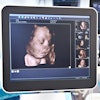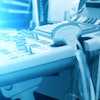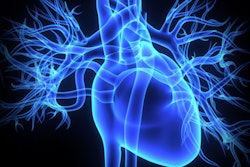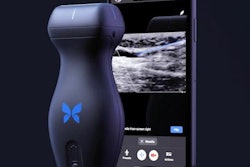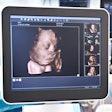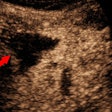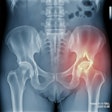
Researchers from Nepal used echocardiography to screen children for rheumatic heart disease, finding the kids for whom prophylactic antibiotics could be most appropriate and reducing the impact of the disease in regions where it's endemic.
Rheumatic heart disease (RHD) occurs as a complication of childhood streptococcal angina,
and it causes more than 300,000 deaths worldwide -- in fact, RHD accounts for most deaths from valvular heart disease around the world, according to scientific literature.
Rheumatic heart disease disproportionately affects marginalized communities across sub-Saharan Africa, South Asia, and the Pacific Islands. Currently, rheumatic heart disease is targeted via secondary antibiotic prophylaxis in children with a history of acute rheumatic fever.
Treatments would be more effective if they could target children earlier, but RHD is difficult to identify early on, as it's largely asymptomatic in early phases. Could medical imaging be used to better target those who would benefit from antibiotics at an early stage?
That's exactly what Dr. Prahlad Karki of the department of internal medicine and cardiology at B.P. Koirala Institute of Health Sciences in Dharan, Nepal, and colleagues, sought to find out. They randomized 3,973 Nepalese children ages 9 to 16 to either receive systematic echocardiographic screening followed by secondary antibiotic prophylaxis, or no screening (January 2021, JAMA Cardiology).
At baseline, the prevalence of rheumatic heart disease in the experimental group was 12.9 per cases per 1,000 children. But after an average of 4.3 years of follow-up, they found the prevalence of definite or borderline rheumatic heart disease was 3.8 per 1,000 children in the group that received echo screening, compared with 10.8 per 1,000 children in the control group.
The results did not reach conventional levels of statistical significance, but the experimental method still has merit, Karki said.
On the other hand, children who received echo screening had an odds ratio of definite or borderline rheumatic heart disease at the follow-up exam of 0.29 compared with baseline -- a result that was statistically significant (p = 0.008).
Follow-up studies are warranted, Karki added.
